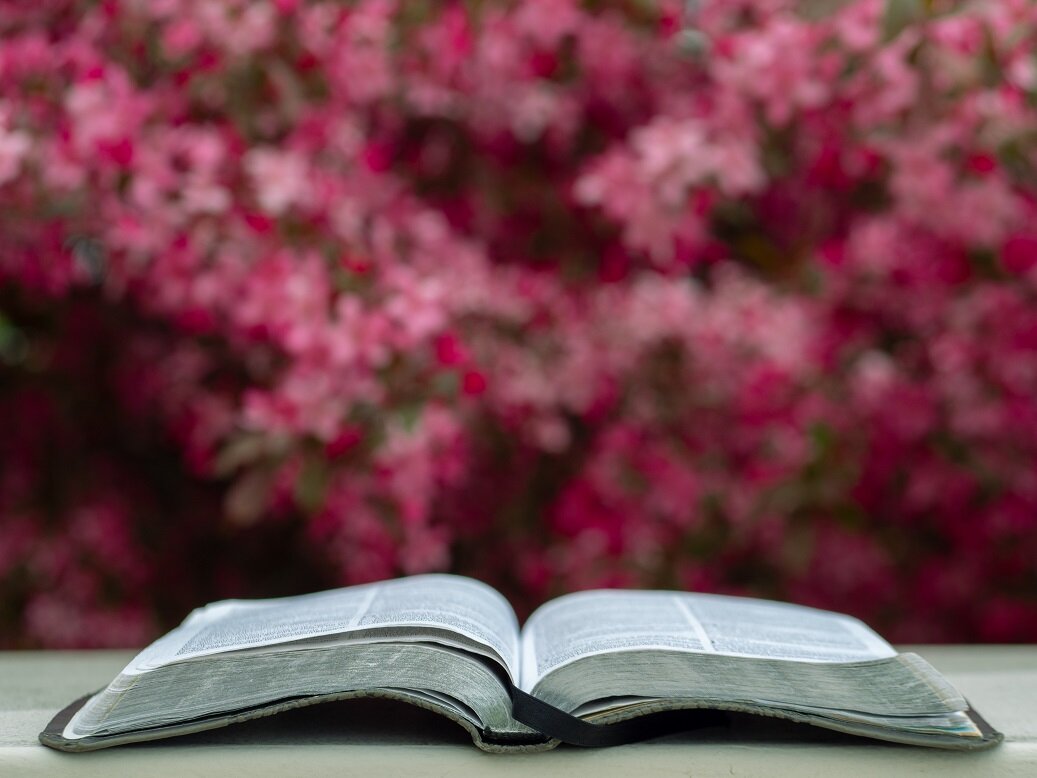6 Must-Read Thich Nhat Hanh Books
•Posted on April 17 2020


Hello, fellow bookworms!
How are you doing? This week we have a special list to help you keep yourself completely Zen during the quarantine season! We are sharing with you a list of 6 books you must read from one of our favorite writers – Thich Nhat Hanh. If you want to relax, become calmer, mindful, resolve inner issues and love yourself truly, then definitely pick up one of these Thich Nhat Hanh books:
1. No Mud, No Lotus: The Art of Transforming Suffering by Thich Nhat Hanh
During these harsh times, all of us suffer. Some of us suffer due to physical confinement, many people are losing their jobs, and some of us suffer because of our mental confinements. A lot of us discover that we have been suffering for a long time. But most of us can agree that suffering is not something we enjoy or want. However, in this amazing book, Thich explains that there is no joy without suffering, and breaks our understanding that happiness is the deficit of suffering. It’s such a profound and helpful book that can help you find happiness in every moment in your life. It’s a must-read!
Love needs to be nurtured and fed to survive, and our suffering also survives because we enable and feed it. We ruminate on suffering, regret, and sorrow. We chew on them, swallow them, bring them back up, and eat them again and again. If we’re feeding our suffering while we’re walking, working, eating, or talking, we are making ourselves victims of the ghosts of the past, of the future, or our worries in the present. We’re not living our lives.
Thích Nhất Hạnh, No Mud, No Lotus: The Art of Transforming Suffering
2. Fear: Essential Wisdom for Getting Through the Storm by Thich Nhat Hanh
There is so much fear in the world at this moment, probably much more than at any point in our human existence. And fear is something that chips off parts of you, leaving you confined in your comfort zone and in a fragile state. We wholeheartedly recommend reading Fear by Hanh, because it offers a deeper understanding of fear itself, and offers so many tips & breathing techniques to help you overcome fear.
If we can relax when our strong emotions come, then we don’t pass fear on to our children and to future generations.
Hanh Nhat Thich, Fear: Essential Wisdom for Getting Through the Storm
3. Silence: The Power of Quiet in a World Full of Noise by Thich Nhat Hanh
When you’re quarantined, even though you are isolated the noise is overwhelming. The news, the social media, they all pour the news day in and day out, and even though you might be sitting in silence the noise is still overwhelming and terrifying. We enjoyed Silence by Hanh because it’s filled with wisdom and useful tips for living in a world full of noise, through mindfulness & breathing techniques.
Even when we're sitting still, with no external stimuli, an endless internal dialogue may be going on in our head. we're constantly consuming our thoughts. Cows, goats, and buffalo chew their food, swallow it, then regurgitate and rechew it multiple times. We may not be cows or buffalo, but we ruminate just the same on our thoughts - unfortunately, primarily negative thoughts. We eat them, and then we bring them up to chew again and again, like a cow chewing its cud.
Thich Nhat Hanh, Silence: The Power of Quiet in a World Full of Noise
4. The Art of Living by Thich Nhat Hanh
We all have so many unanswered questions that keep us awake at night. And that’s mostly due to the busy way of life that we live in. In the Art Of Living, Hanh explains how to find your life’s questions within. We loved this one because he explains how to do this today, in your everyday life, right here and right now. We wholeheartedly recommend picking it up!
Spirituality is not religion. It is a path for us to generate happiness, understanding, and love, so we can live deeply each moment of our life. Having a spiritual dimension in our lives does not mean escaping life or dwelling in a place of bliss outside this world but discovering ways to handle life’s difficulties and generate peace, joy, and happiness right where we are, on this beautiful planet
Thich Nhat Hanh, The Art of Living
5. How to Sit by Thich Nhat Hanh
If you are new to mindfulness and meditation, Hanh has released a book series that can ease you into the practice of mindfulness. How to sit is the first book of this series and answers a lot of questions that you might have about meditation and mindfulness as a beginner. The beautiful, simple yet profound language that he uses has an instantly relaxing effect on you, which can also help you as a preparation for meditation.
When people say, “Don’t just sit there, do something,” they’re urging you to act. But if the quality of your being is poor—if you don’t have enough peace, understanding, and equanimity, if you still have a lot of anger and worries—then your actions will also be poor.
Thích Nhất Hạnh, How to Sit
6. Anger: Wisdom for Cooling the Flames by Thich Nhat Hanh
A lot of us deal with anger. Whether you silently wallow in its poison or you explode as a timed bomb whenever you are provoked, anger is present in your life. And it’s a shame to indulge in it and let it destroy so much when you can use the same effort it takes to indulge in anger to create your own damn magic. That’s why we loved this book by Hanh because he shows you how to transform your anger into something productive.
Comments
0 Comments
Leave a Comment